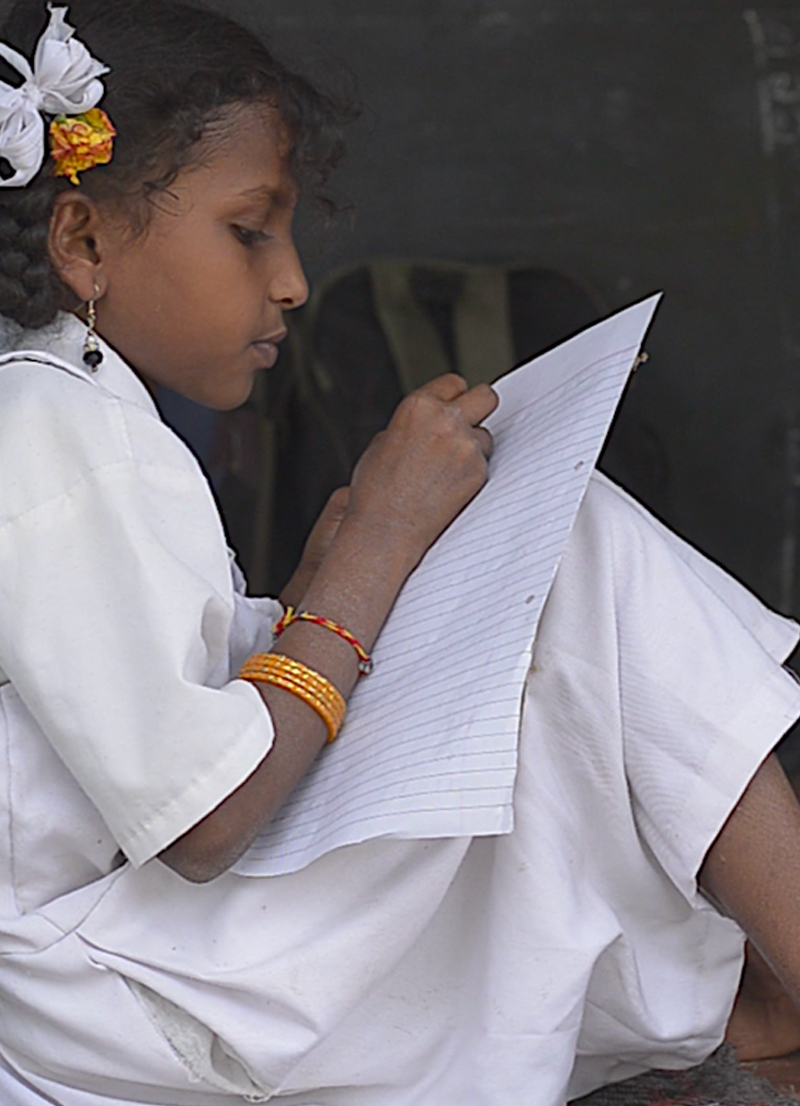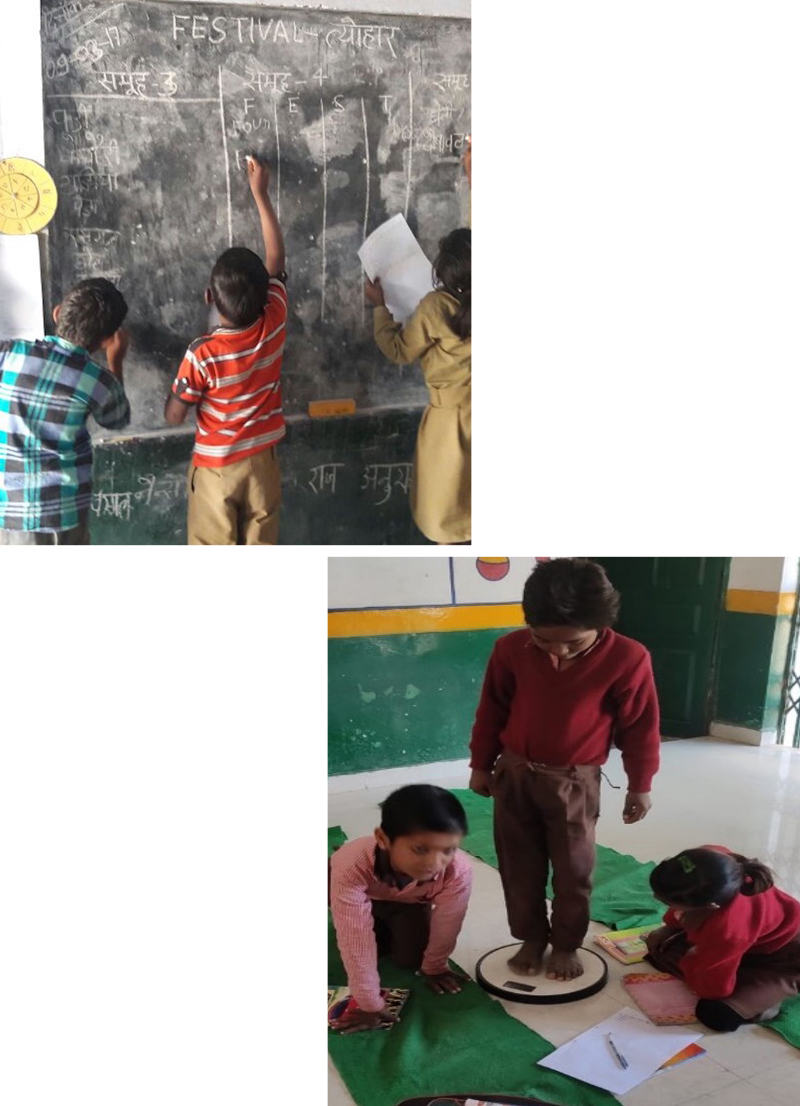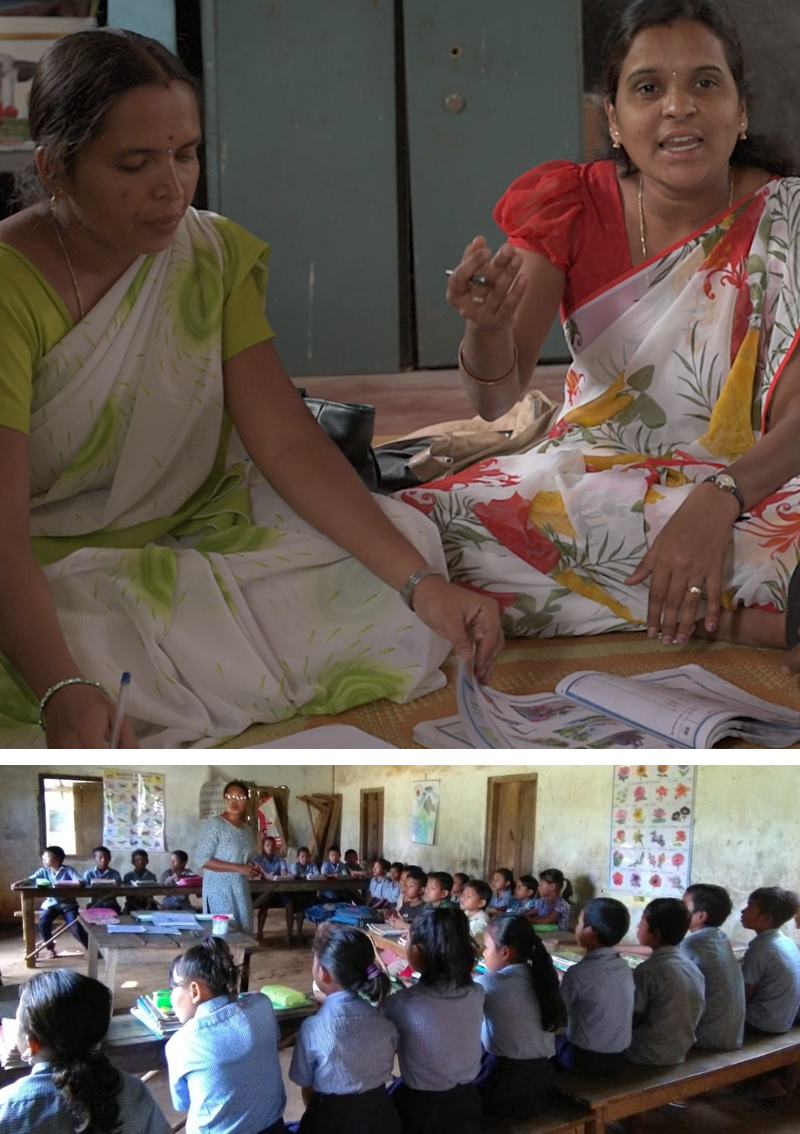Till almost the last decade, bringing children to school was the focus in facilitating equitable change through education. However, as more and more children are attending schools without learning, growing concerns are being raised about the present nature of schooling itself.
As a society, there is an increasing momentum to revisit the very assumption of what a school means or does to a society and the nature of learning processes that goes into making such a school.
The mission has now shifted its gears towards ensuring that all children attain learning goals that will lead to their real empowerment. To realize this, a deeper analysis of the education system is needed which lays bare the root cause that currently restrains children from learning in schools.




